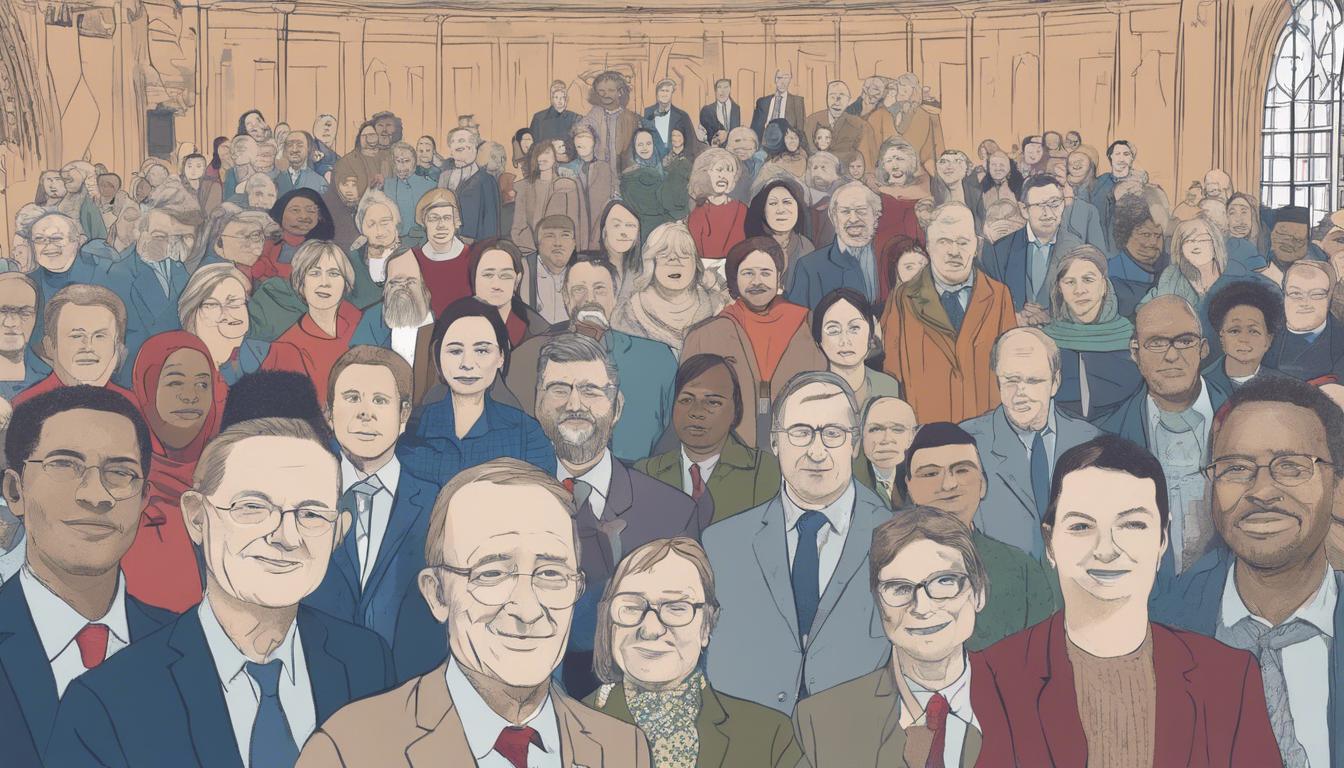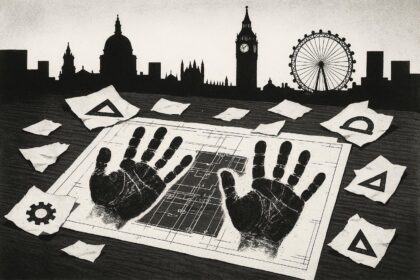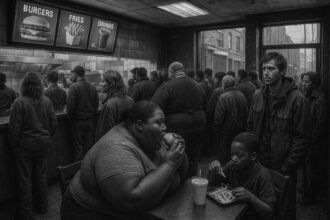The UK government, led by Prime Minister Rishi Sunak, addresses the Horizon IT scandal’s aftermath as affected subpostmasters and their families call for compensation and legal reform.
The Horizon IT scandal has prompted significant attention and action within the UK government, with Prime Minister Rishi Sunak and other officials acknowledging the necessity of addressing the injustices faced by affected subpostmasters. The scandal, centering on the Horizon accounting software provided by Fujitsu, led to wrongful convictions and financial devastation for numerous subpostmasters between 1996 and 2018. In response, the government has proposed the Post Office Offences Bill, aimed at overturning these wrongful convictions and providing fair financial redress.
However, concerns have been raised regarding the bill’s lack of a legally binding timeframe for offering this redress. The Business and Trade committee, chaired by Liam Byrne, and other campaigners, including Jo Hamilton, have emphasized the importance of establishing a clear timeline for compensation. Despite these concerns, Post Office minister Kevin Hollinrake has stated the government’s commitment to prompt and fair compensation, and efforts are underway to engage with Fujitsu to ensure they contribute towards compensating the victims.
In a related development, the offspring of those affected by the scandal have formed a group led by Katie Downey, seeking compensation not just for the subpostmasters but also for the adverse impacts on their own lives. The group, named Lost Chances for the Children of Sub-postmasters, highlights the broad and deep-seated effects of the scandal on families, beyond the immediate financial and legal consequences faced by the subpostmasters themselves. They advocate for recognition and compensation from Fujitsu, acknowledging the “moral obligation” to address the suffering caused.
While the UK government has taken steps to rectify the wrongs suffered by subpostmasters through the proposed legislation and compensation plans, the push for broader recognition and compensation underscores the extensive ripple effects of the Horizon IT scandal. The cases presented by the children of affected subpostmasters reveal the enduring emotional and psychological toll, as well as the significant life changes and sacrifices made in the wake of their parents’ wrongful convictions.













